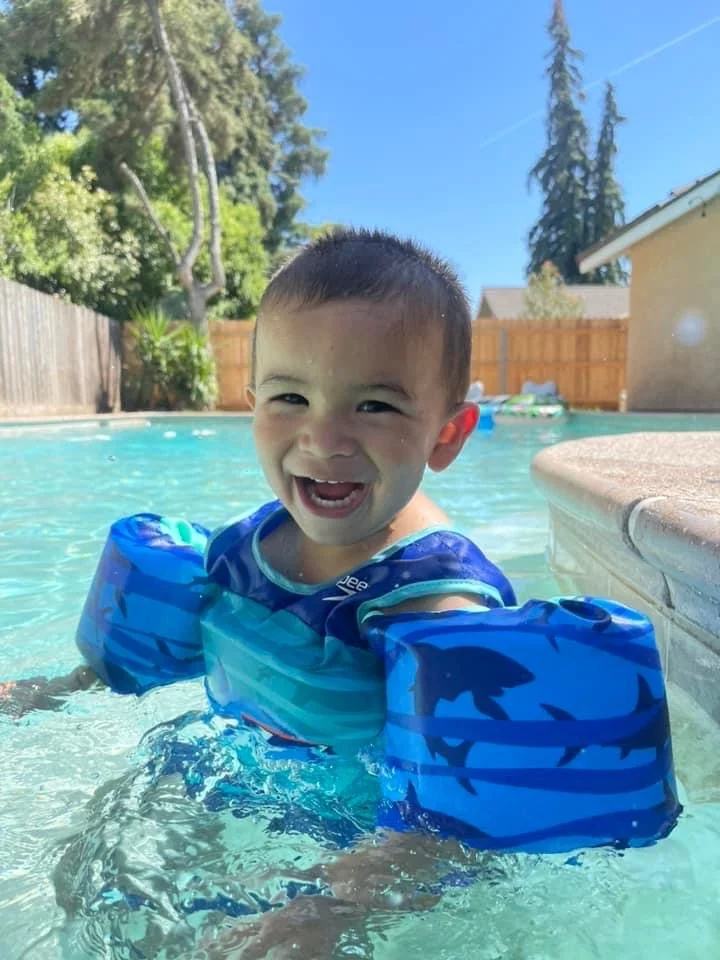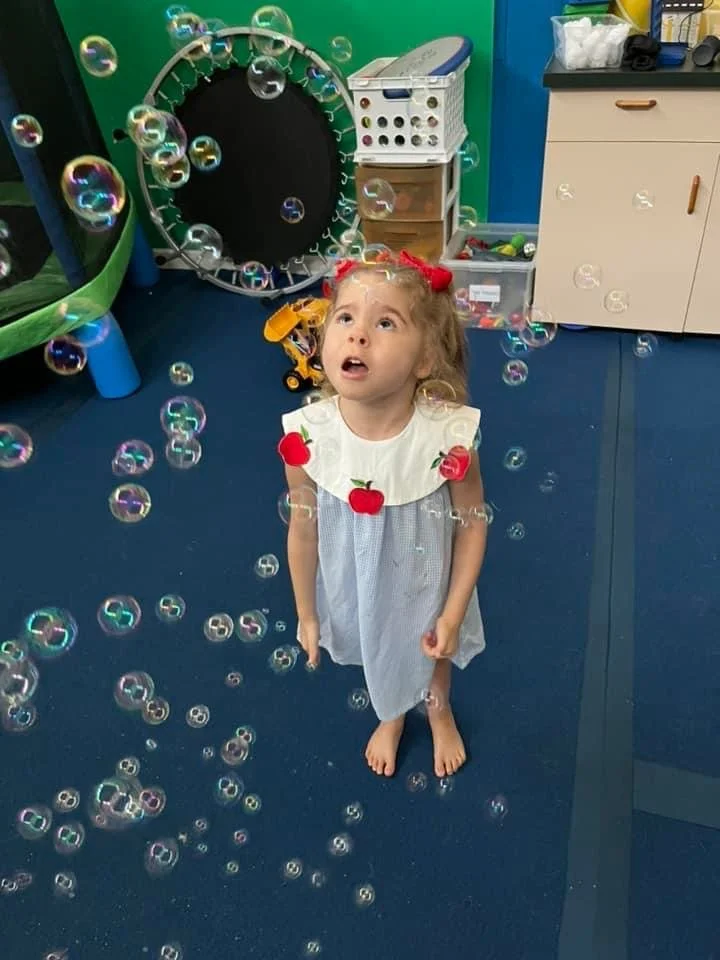Preparing for Camp
Sending your child with CDH to camp for the first time can be both exciting and terrifying. You have likely spent all school year protecting and sheltering them from germs, trying desperately to give your child a “normal” school experience while also keeping them healthy. While the idea of passing some of those responsibilities on to a teacher was likely not easy, the idea of passing it off to a camp counselor can be overwhelming. However, there are things you can do to help make the experience better for everyone involved!
Meet with the Staff
If you are getting ready for day camp or sleepaway camp, you can ask for an appointment to meet the camp director and counselors prior to the start of the session. The camp director will likely want to talk to you well ahead of time, so it is a perfect time to consider asking them to put your child in a smaller cabin or camp group if at all possible. Oftentimes, the counselors may not be available until the day before or even a few hours before camp starts. But if you let the camp know ahead of time, they may be able to arrange a meeting just before camp starts. Ask them what they would do in several worst-case scenarios – for example, what would you do if my child was struggling to catch his breath while running around with all the other campers? Ask them what their infection control protocols are and if there’s anything you can send in with your child to make it easier for them (i.e., extra hand sanitizer, disinfectant wipes, etc.).
Printouts
Make a “cheat sheet” for your child. This would include a list of all medications, diagnoses, emergency contacts, and doctors’ information. Put one copy in your child’s bag or backpack, and then give one copy to each of the counselors and camp director. A printout like this will put everyone’s mind at ease so everyone will know what to do in an emergency. The counselors can hand the printout to emergency services or a doctor if they ever need it.
Letter Home to Parents
Requesting to send a letter home to parents before camp starts is often a good idea. It should state that there is a child in the cabin or camp group with a complex medical history and ask parents kindly to help keep everyone healthy by keeping their child home if they are sick. We have printouts you can send to parents if you would like them to know more about CDH: Printouts
Accommodations
If your child has an IEP (Individualized Education Plan) or a 504 health plan, send it to the camp director ahead of time and bring a print copy with you to the first day of camp. Many camps are happy to accommodate children based on their school plans and work with you to create a plan that works for camp.
Eliminating Germs
Going to camp inevitably means germs, but you can help combat these by preparing your child to be able to help themselves. For day camps, washing backpacks and lunch boxes often and attaching hand sanitizer to both can help tremendously. Also, make sure your child’s shoelaces are well-tied so they don’t drag along the floor. After your child gets home from day camp, have them leave their shoes at the door, disinfect their hands, and change into fresh clothes. It is also a good idea to make sure their backpacks and lunch boxes are hung up and not left on the couch where germs could get transferred to the furniture.
For sleepaway camp, create a go-bag for your child to take with them at camp. Small drawstring backpacks or a good old-fashioned fanny pack are great for this. Send them to camp with tons of small hand sanitizer bottles they can keep in their bag along with the cheat sheet mentioned above. If your child is old enough to do so on their own, this is a great place to keep inhalers or other medication if the camp allows the campers to keep it on them. Even if your child does not wear a mask anymore, consider putting one in their bag and tell them they can use it if someone near them is coughing or sneezing. The mask can at least give them a sense of comfort until they can get away from anyone that is sick.
Camp Nurse
If your CDH child has daily medical needs, it is a good idea to ensure the camp is equipped with a nurse to meet those needs. Having a nurse on staff to help give breathing treatments, check oxygen saturation, test blood sugar, administer medicine, etc., is definitely great for peace of mind if any of those things are needed regularly! Also, be sure to introduce your child to the nurse or counselors handling their medical needs prior to camp starting. Doing so will allow them to know where they need to go if they need help and ensure that they are comfortable with the nurse or staff on the first day of camp.
Sending Your Love
Remember that the first few days in a new camp or cabin can be scary for your child. Consider including a little note in your child’s lunch box or duffel bag. You can even draw a little heart on their hand to remind them of your love throughout the day! For sleepaway camps, sneak a little gift in their duffel bag and send them a care package or letters throughout the time they are away. Many sleepaway camps will allow you to drop off care packages ahead of time and then they will give them to your child later in the camp session.
Sending your Tiny Hero to camp might be scary, but remember, you protected them to this point so their lungs could grow strong, and now they are ready! Most kids will get sick at camp at least once, but with a little help from you and their counselors, hopefully, those moments are few, and there is a lot of fun in between.




